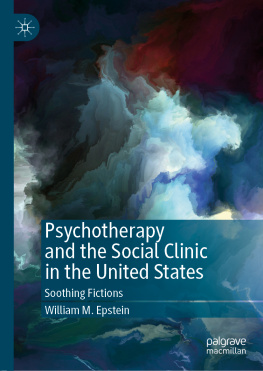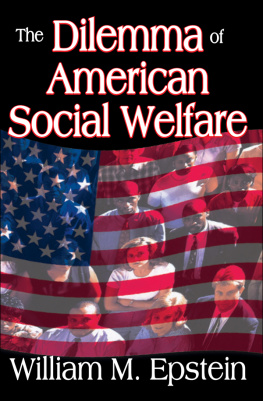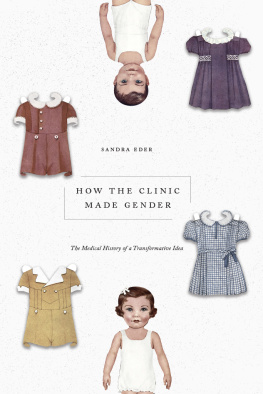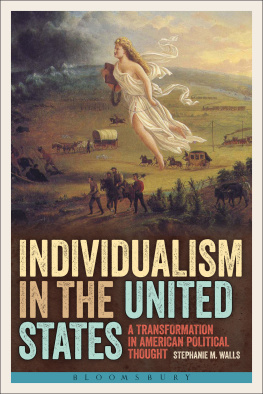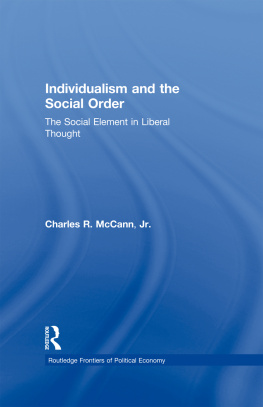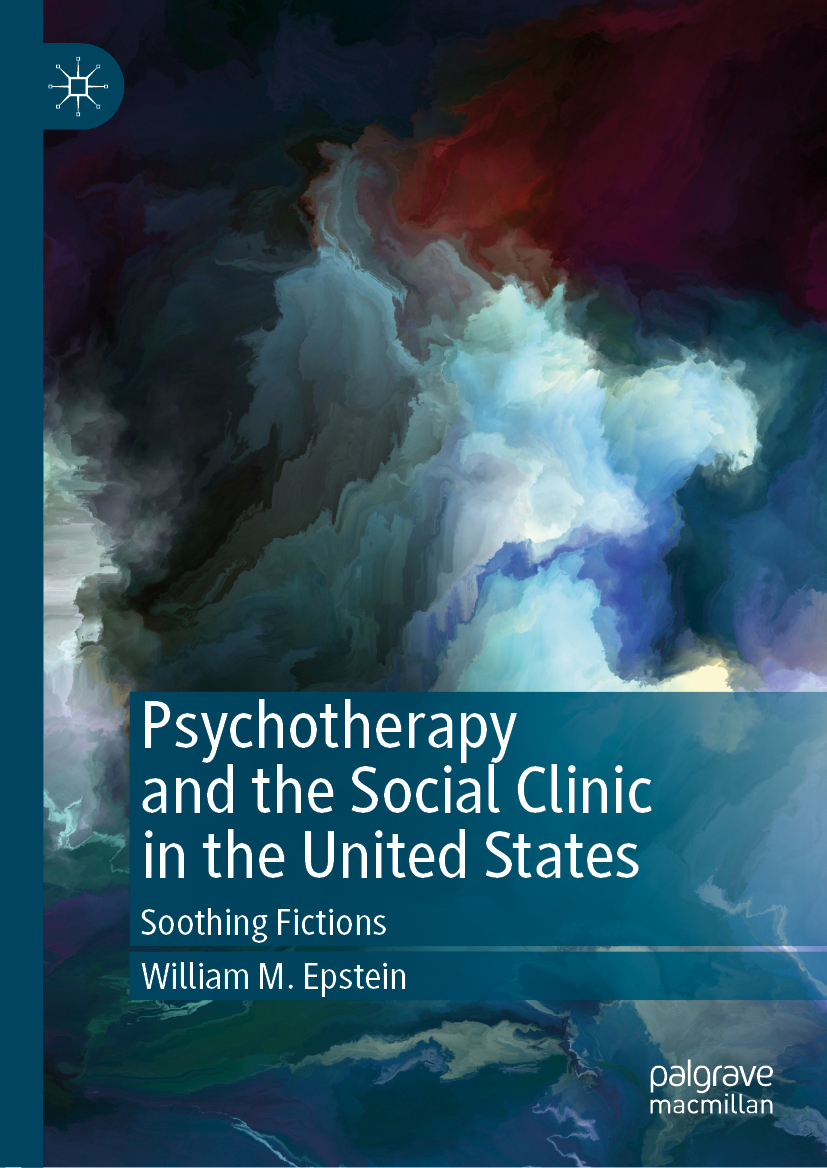William M. Epstein
University of Nevada, Las Vegas, Las Vegas, NV, USA
ISBN 978-3-030-32749-1 e-ISBN 978-3-030-32750-7
https://doi.org/10.1007/978-3-030-32750-7
The Editor(s) (if applicable) and The Author(s), under exclusive license to Springer Nature Switzerland AG 2019
This work is subject to copyright. All rights are solely and exclusively licensed by the Publisher, whether the whole or part of the material is concerned, specifically the rights of translation, reprinting, reuse of illustrations, recitation, broadcasting, reproduction on microfilms or in any other physical way, and transmission or information storage and retrieval, electronic adaptation, computer software, or by similar or dissimilar methodology now known or hereafter developed.
The use of general descriptive names, registered names, trademarks, service marks, etc. in this publication does not imply, even in the absence of a specific statement, that such names are exempt from the relevant protective laws and regulations and therefore free for general use.
The publisher, the authors and the editors are safe to assume that the advice and information in this book are believed to be true and accurate at the date of publication. Neither the publisher nor the authors or the editors give a warranty, expressed or implied, with respect to the material contained herein or for any errors or omissions that may have been made. The publisher remains neutral with regard to jurisdictional claims in published maps and institutional affiliations.
Cover illustration: Pobytov/gettyimages
This Palgrave Macmillan imprint is published by the registered company Springer Nature Switzerland AG
The registered company address is: Gewerbestrasse 11, 6330 Cham, Switzerland
Preface
American institutions and the national ethos are basically romantic rather than pragmatic. Extreme individualism the classic myth of self-reliancemaintains that people essentially invent themselves and are thus proportionately responsible for where they end up in the American stratification . The nation sees itself as exceptional and chosen by both God and Darwin; its people the best of the species; its society and government the latest blessed evolutions of human organization; and its destiny to lead the world assured as a covenant with the Fates in recognition of its many good works. All this is known through romantic processes that elevate emotion over reason: the lived experience, insight, intuition, revelation, epiphany, clairvoyance, and the spiritual, but still a physical inheritance of knowledge common to all mankind. The exceptionalism of the American people , just like space and time, is certain, synthetic a priori knowledge that constitutes a universal archetype of the collective unconscious. The United States has enshrined ideology as social theology . And as embedded belief, the social clinic emerges as a favored mission of American romanticism and social policy to address a variety of social problems.
The social clinic is a sanctioned agency of both public and private policies that offer services ostensibly to address a variety of personal and social problems. Clinical services are usually dominated by some form of talk therapy even when the agency offers other programs such as food banks, temporary housing, short term cash assistance and surveillance as in cases of probation and parole . The social clinic is also a general strategy of social welfare policy as well as an icon of social attitudes toward the problems and the people who suffer them. Even broader, as an institution of American society, it dramatizes the boundaries of individual and social responsibility that mark out long-standing American policy toward social and economic inequality .
The preference for talk therapy of one sort or another expresses the social clinics broader commitment to the principle of social efficiency , the notion that services for people in need should be inexpensive, compatible with social values, and usually of temporary or short duration. Social efficiency does not imply effectiveness but only conformity with broadly popular social values.
Even without explicitly offering talk therapy , many social welfare agencies that provide material assistance still mimic the social clinic in their intentions to address recipients attitudes. As examples, the eligibility limits and operating rules of Temporary Assistance for Needy Families and the Supplemental Nutrition Assistance Program (also known as food stamps), two prominent public sector welfare programs, both incorporate the logic of behavior change implicit in talk therapy and not least because recipients are put through a discretionary supervised process of case management . Similarly, when voluntary agenciesreligious affiliates such as Catholic Charities or secular agencies like womens sheltersprovide food, housing, or clothing as examples, the context of service often reinforces the rules of social stratification . The application of those rules often carries along the stigma attached to lower statusthe sense of personal failure that attends handouts and consequently the deeper isolation of recipients from the American communion.
To the extent to which the social clinic is charity, it constrains the rights of citizenship and reiterates recipients low social status. Yet social clinics are often dedicated to wealthier populations who pay for services through insurance or out of pocket. These clinics often provide psychotherapy but also provide some form of life coaching , guided self-help, counseling , or theologically driven counseling . Yet even when addressing wealthier citizens, the social clinic affirms Americas romantic ethos by encouraging people to see themselves as self-inventive, self-reliant, and self-determinative. It seems to matter little that the self-positing ego is an illusion and that the social clinic customarily fails in its service mission. Social and personal problems persist with a ubiquitous tenacity that is oblivious to the distinction between the poor and the wealthy.
Shifting blame from society to the individual is not a frank narrative, an objective plan, or an annual collective policy that public and private bodies vote on or even frankly discuss. Rather, it is the cumulative result of a multitude of micro-decisions that citizens make daily. Those micro-decisions build to the long-term choices that define preferences. The preferences aggregate to social institutions, in this case, the programs and roles of social clinics.
A popular social institution is as difficult to modify as the embedded individual preferences that created it. Too many people are overweight and sedentary; many smoke and take harmful, illicit drugs ; and many drive too fast while impaired. Many others are undisciplined, inattentive, hedonistic, and selfish. Many children are born to inadequate parents and live in inadequate communities. Many of the personal problems associated with unfortunate behaviors have become widespread social problems of addiction, poverty , violence, crime, mental disease, and emotional dysfunctions that are threats to the safety, security, and basic functions of American society. Few of these people have been talked out of their problems. Just like common pleasures and customs, the momentum of the social clinic seems impervious to arguments about ineffectiveness and even harm.

